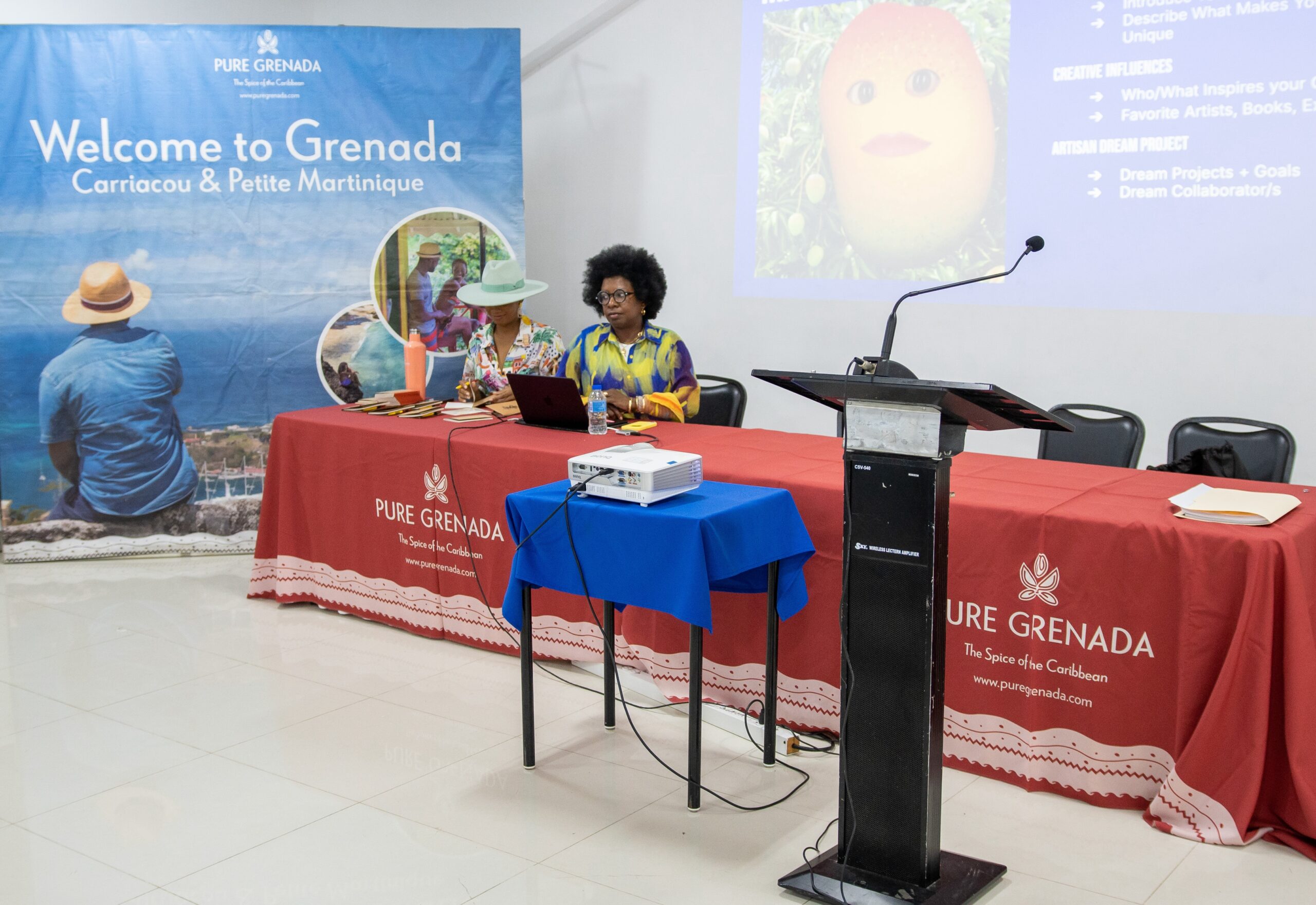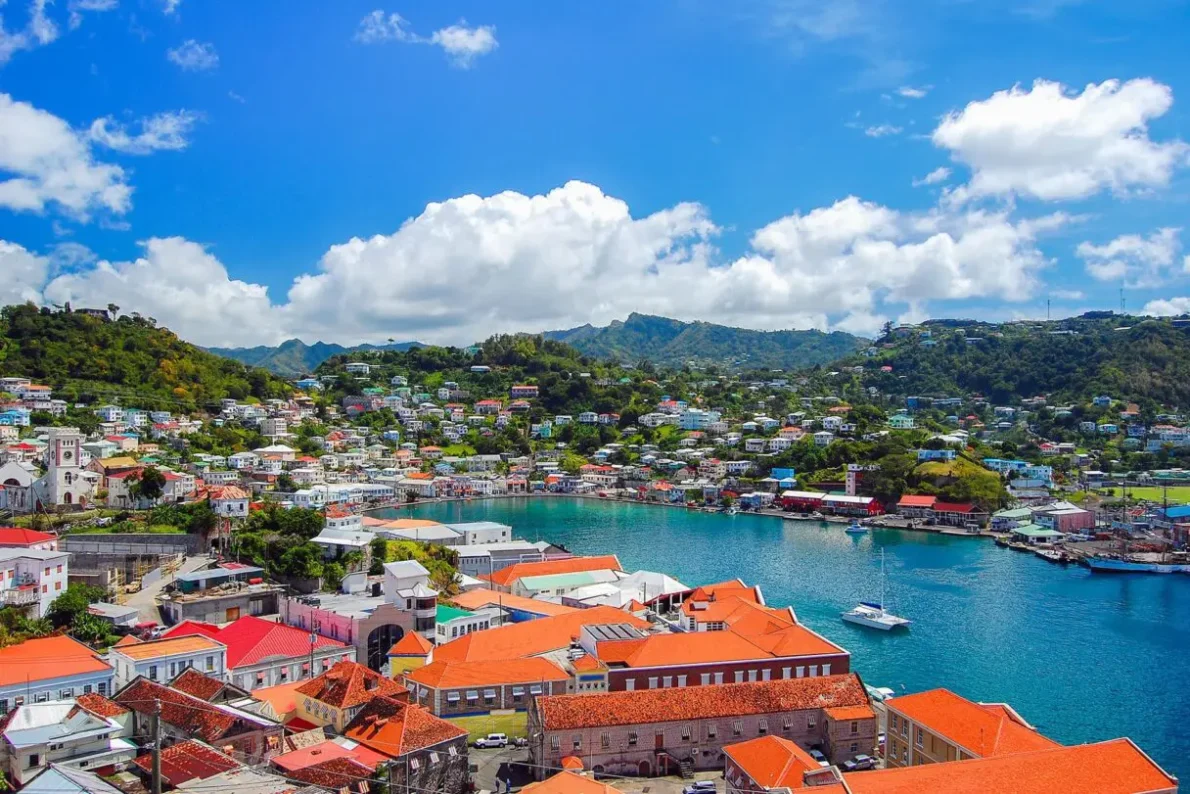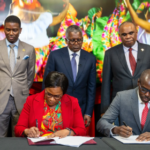Now Reading: China to Extend Visa-Free Entry to Five Latin American and Caribbean Nations
-
01
China to Extend Visa-Free Entry to Five Latin American and Caribbean Nations
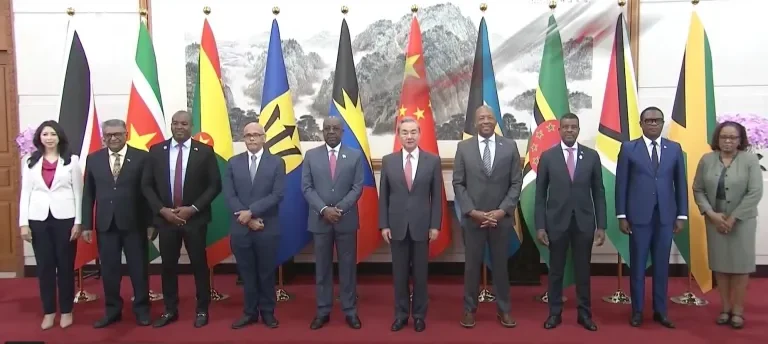
China to Extend Visa-Free Entry to Five Latin American and Caribbean Nations
China plans to expand its visa-free policy for five Latin American/Caribbean countries and offer 3,500 scholarships and 10,000 training opportunities, as part of a five-program plan to advance shared development and revitalization with Latin American and Caribbean (LAC) countries.
President Xi Jinping announced these developments during a keynote speech at the opening of the fourth ministerial meeting of the China-CELAC (the Community of Latin American and Caribbean States) Forum in Beijing on May 13, 2025.
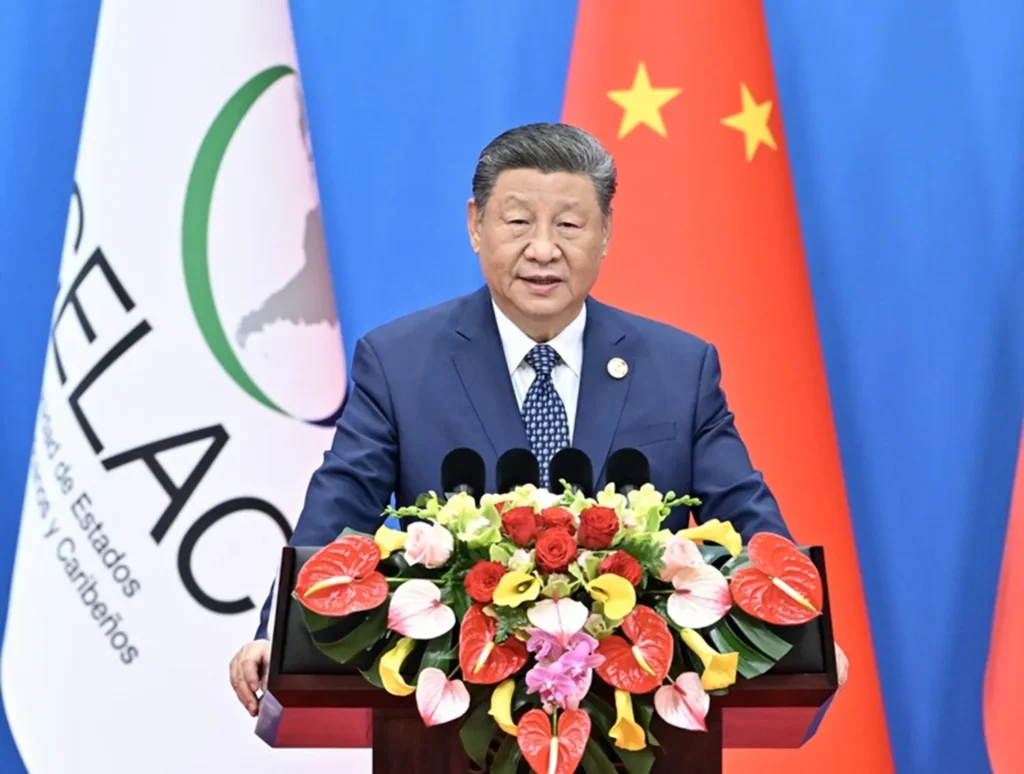
President Xi said as part of the People-to-People Connectivity Program, China has decided to offer a visa-free policy to five LAC countries, and will expand the policy to cover more regional countries in due course.
This is one of five programs targeted for LAC countries, ranging from solidarity, development and civilization to peace and people-to-people connectivity.
The People-to-People Connectivity Program includes a three-year plan offering CELAC countries 3,500 scholarships, 10,000 training spots, 500 language teaching scholarships, 300 poverty reduction trainings, 1,000 Chinese Bridge placements, 300 small-scale livelihood projects, and support for Chinese language education.
On the Solidarity Program, Xi said China seeks stronger unity with LAC countries, mutual support on core interests, defense of the UN-centered international order, and a unified voice in global and regional affairs.
In the next three years, China will also invite 300 members from political parties of CELAC member states every year to visit China to facilitate exchanges on national governance best practices, Xi said.
On Development Program, China is willing to work with LAC countries to implement the Global Development Initiative, resolutely uphold the multilateral trading system, ensure stable, unimpeded global industrial and supply chains, and promote an international environment of openness and cooperation, Xi said.
Noting that the two sides should foster greater synergy between their development strategies and expand high-quality Belt and Road cooperation, Xi said China will import more quality products from LAC countries and encourage Chinese enterprises to expand their investment in the region.
Xi said the Civilization Program embodies the Global Civilization Initiative, calling for mutual respect, shared values, and deeper China-LAC cultural exchange, including a dialogue conference.
As part of the Peace Program, Xi called for joint implementation of the Global Security Initiative. He said both sides should cooperate more closely in disaster governance, cybersecurity, counterterrorism, anti-corruption, narcotics control and combating transnational organized crime so as to safeguard security and stability in the region.
China’s Foreign Minister Wang Yi, speaking at the plenary session of the Fourth Ministerial Meeting of the China-Latin America Forum, noted that over the past decade, China-Latin America strategic mutual trust has deepened.
He added that over the past decade over 80 per cent of its $35 billion financing package has been implemented within LAC countries, while the $20 billion China-Latin America infrastructure loan has been exceeded.
He said China intends to implement the RMB66 billion credit line announced by President Xi for development projects in Latin America, as well as assistance in disaster management capabilities, disaster prevention and mitigation.
He said:
“China is willing to work with Latin American countries to practice true multilateralism, adhere to extensive consultation, joint construction and sharing, lead global governance reform with the concepts of fairness, justice, openness and inclusiveness, jointly safeguard the international system with the United Nations at its core and the international order based on international law, and continuously enhance the representation and voice of developing countries.”














